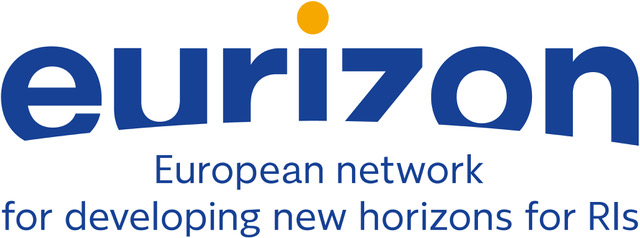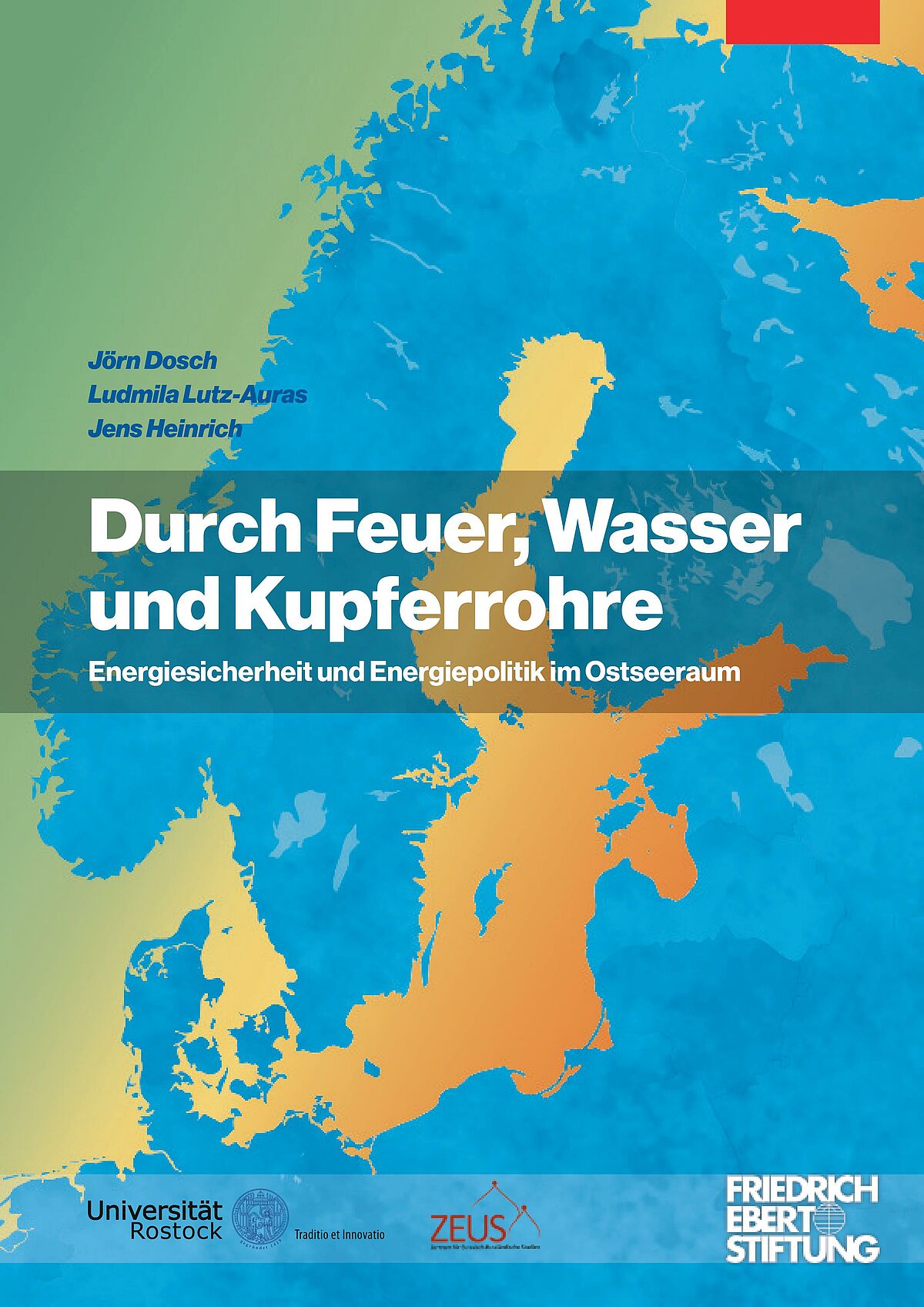Eurizon Fellowship Programme
Developing New Approaches to Public Policy Formation and Realisation in the Context of Ukraine's Recovery
In the aftermath of the challenges endured during the year of war, Ukraine and its communities nationwide are currently grappling with crucial decisions regarding the adoption of approaches and strategies to facilitate Ukraine’s recovery. Understanding which methods yield the most effective results and how to implement them optimally is paramount. It is evident that war poses a significant threat, eroding the decades-long progress Ukraine has made towards European integration, the rule of law, and sustainable development. Russian aggression has plunged the nation into a profound academic crisis. The recovery of Ukraine entails the revival of Ukraine academic endeavors. This is why the team of researchers from the Institute of Public Service and Management of the Odesa Polytechnic National University, Ukraine together with their German partners from Center for Eurasian Studies (ZEUS) at the University of Rostock committed to pooling their efforts to achieve the following objectives:
- Assessing the impact of various recovery strategies and approaches (such as national programs, legislative and regulatory measures, governmental initiatives, etc.), implemented in diverse ways, on the country's recovery process.
- Soliciting prompt and practical feedback from stakeholders regarding the necessary adjustments to these strategies and approaches.
- Disseminating insights to the academic community and practitioners at large about the effectiveness of local communities' endeavors in mitigating the consequences of war and advancing the nation's recovery efforts.
Team:
Natalia Kolisnichenko (Department of Public administration and regional studies of the Odessа Polytechnic National University)
Yuliia Slobodianiuk (PhD student of the Department of Public administration and regional studies of the Odessа Polytechnic National University)
Larysa Shegyda (PhD student of the Department of Public administration and regional studies of the Odessа Polytechnic National University)
Olena Lypach (PhD student of the Odessа Polytechnic National University)
Dr. Ludmila Lutz-Auras (Director of Center for Eurasian Studies (ZEUS) / University of Rostock)
„Through Fire, Water and Brass Pipes“ - Dilemmas of Energy Security and Energy Politics in the Baltic Sea Area
Following the global energy crises of 1973 and 1979/80 the issue of energy security all but disappeared from political agendas. It was only in the early 2000s, when oil prices were rapidly on the rise, that the matter of energy supply gained in political importance. What started was a race for access to oil and gas, which observers say could have resulted in a new “Cold War” for energy or into a “Hot Resource War”. The Ukraine crisis, the difficult relationship between the European Union and Russia, or the wars in Syria and Iraq are a few recent examples which highlight the relevance of the issue of energy supply in security politics.
With this in mind it makes sense to take a closer look at political approaches to the very current and explosive topic of energy security in the Baltic Sea area. A number of questions seem especially interesting:
- How do individual states bordering the Baltic Sea handle their political responsibility regarding the issue of “energy”?
- How are those varying alignments combinable to create and implement an efficient strategy for the whole region?
- Is there a common perspective to found among all players regarding energy policy and energy security in the Baltic Sea area?
- Which institutions and actors dedicate themselves to the many questions regarding the energy sector, what kind of concepts do they draw up for the future orientation of this industry?
- On what level are there exchanges between those involved and what are their outcomes?
- In what way do individual governments contribute to the realisation of the EU Strategy for the Baltic Sea region resolved by the European Council in 2009, which had defined three primary goals – protection of the Baltic Sea, increased regional cooperation, and the promotion of economic growth?
Those questions and further interlocked aspects, such as the role of Mecklenburg-Vorpommern as a maritime federal state in energy politics, will be at the centre of the ongoing research project.




